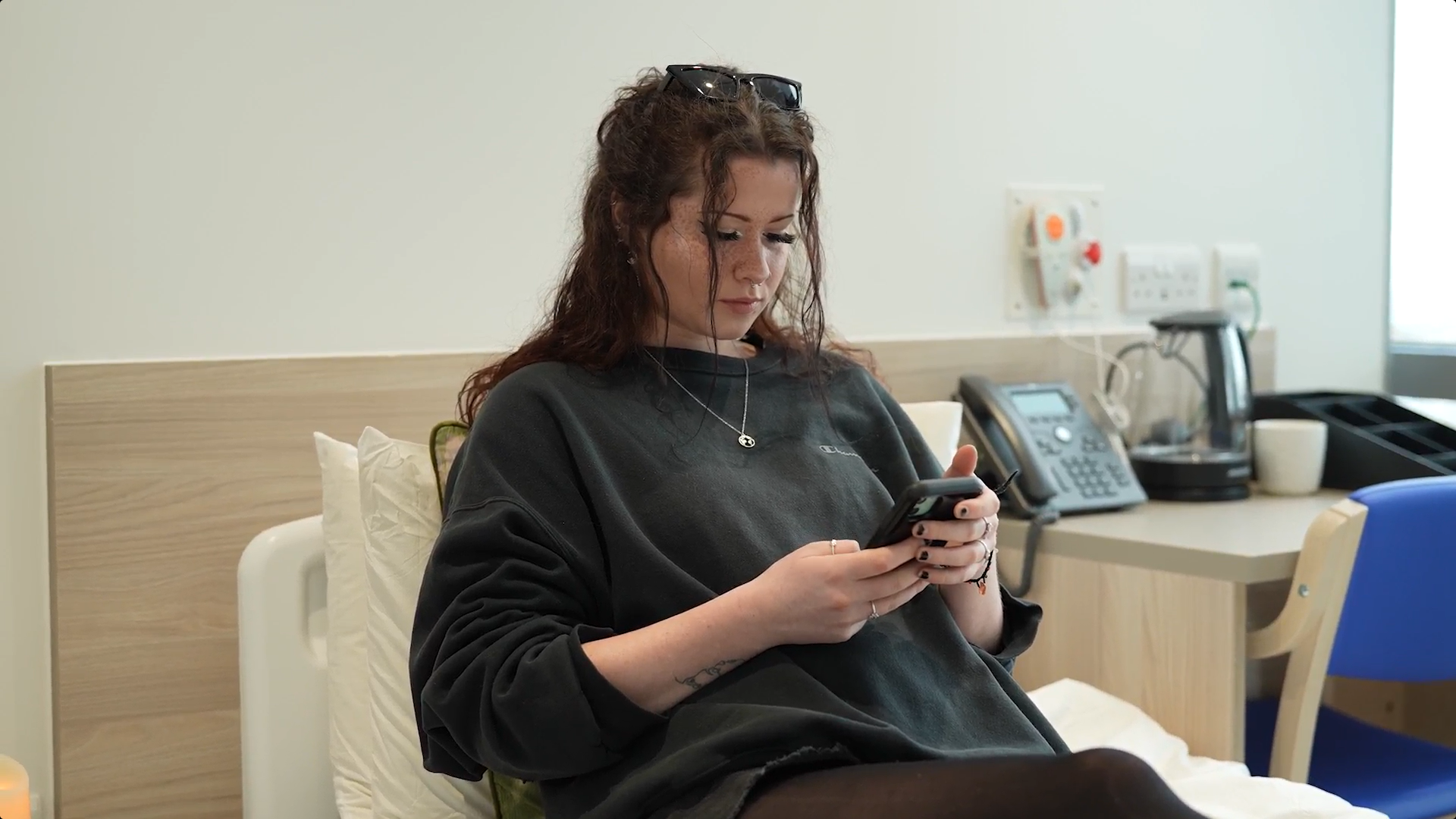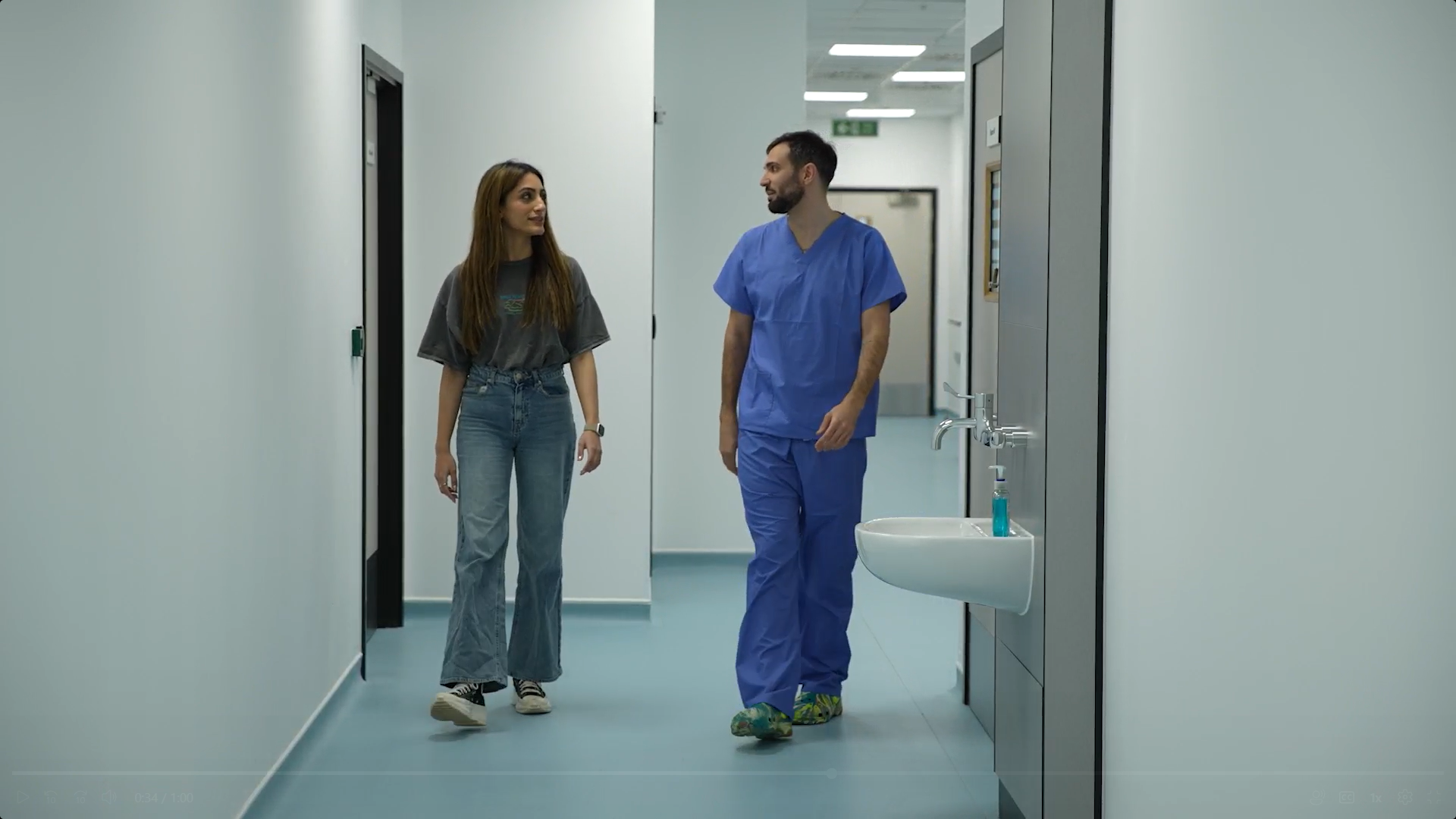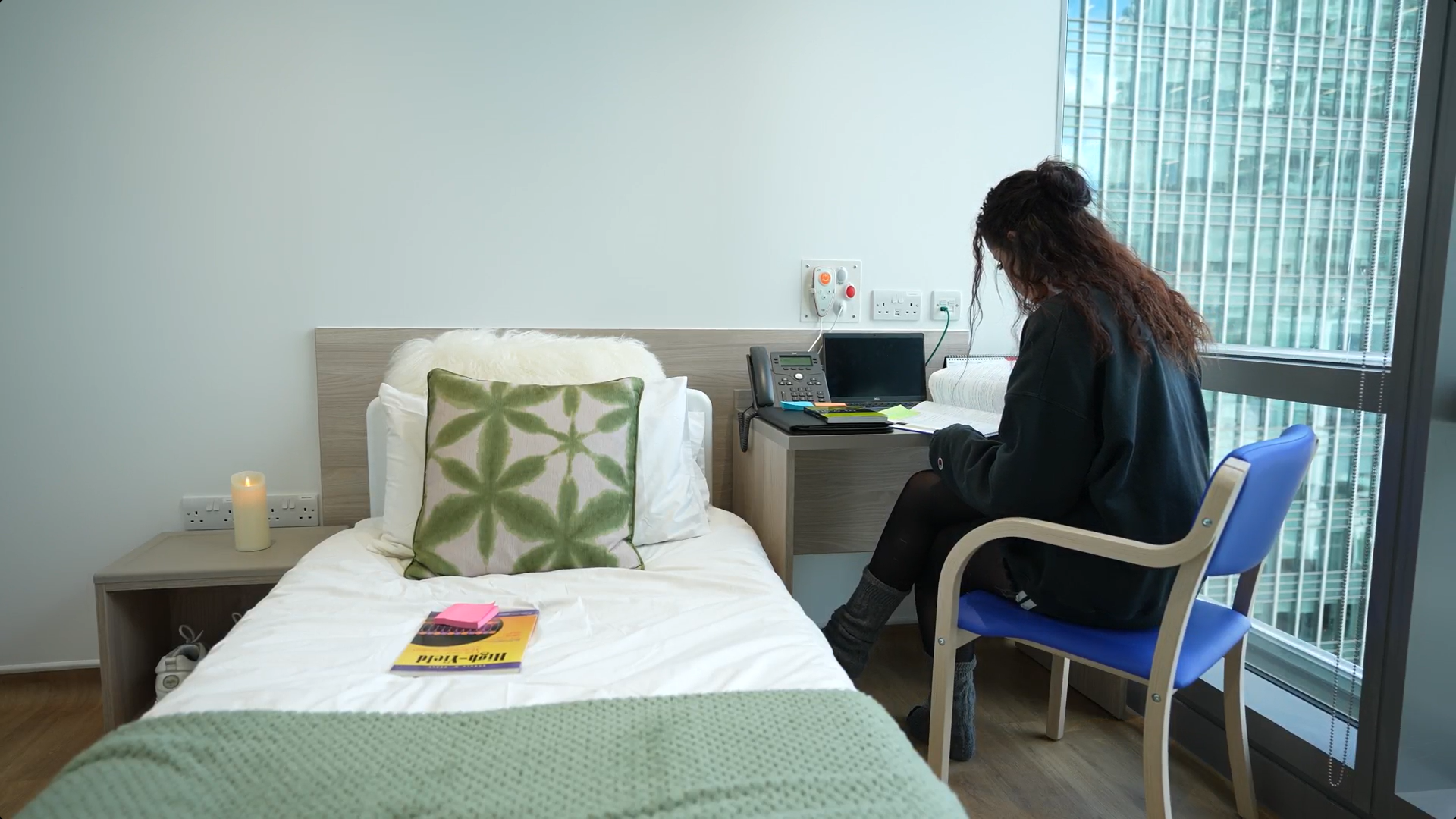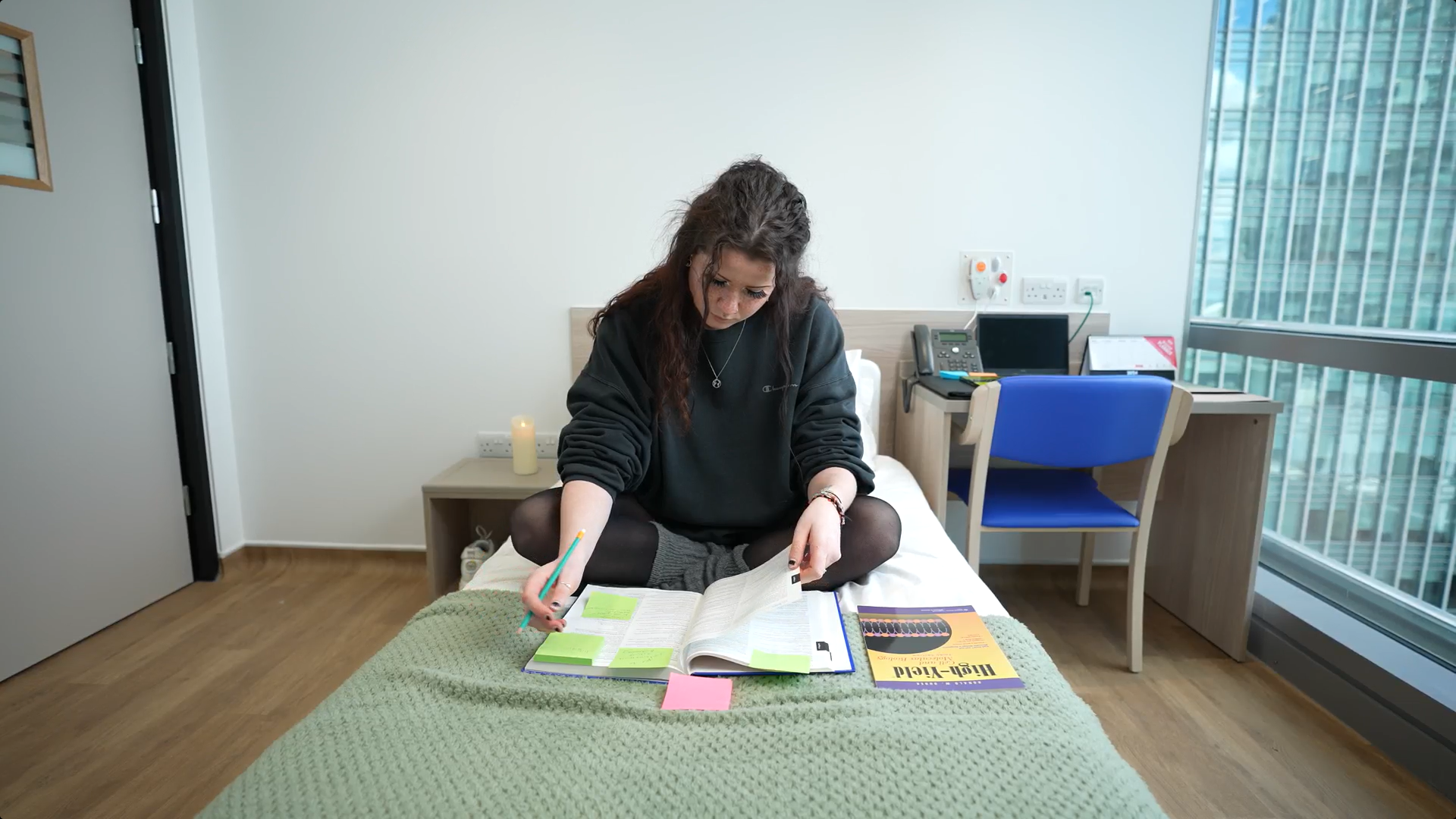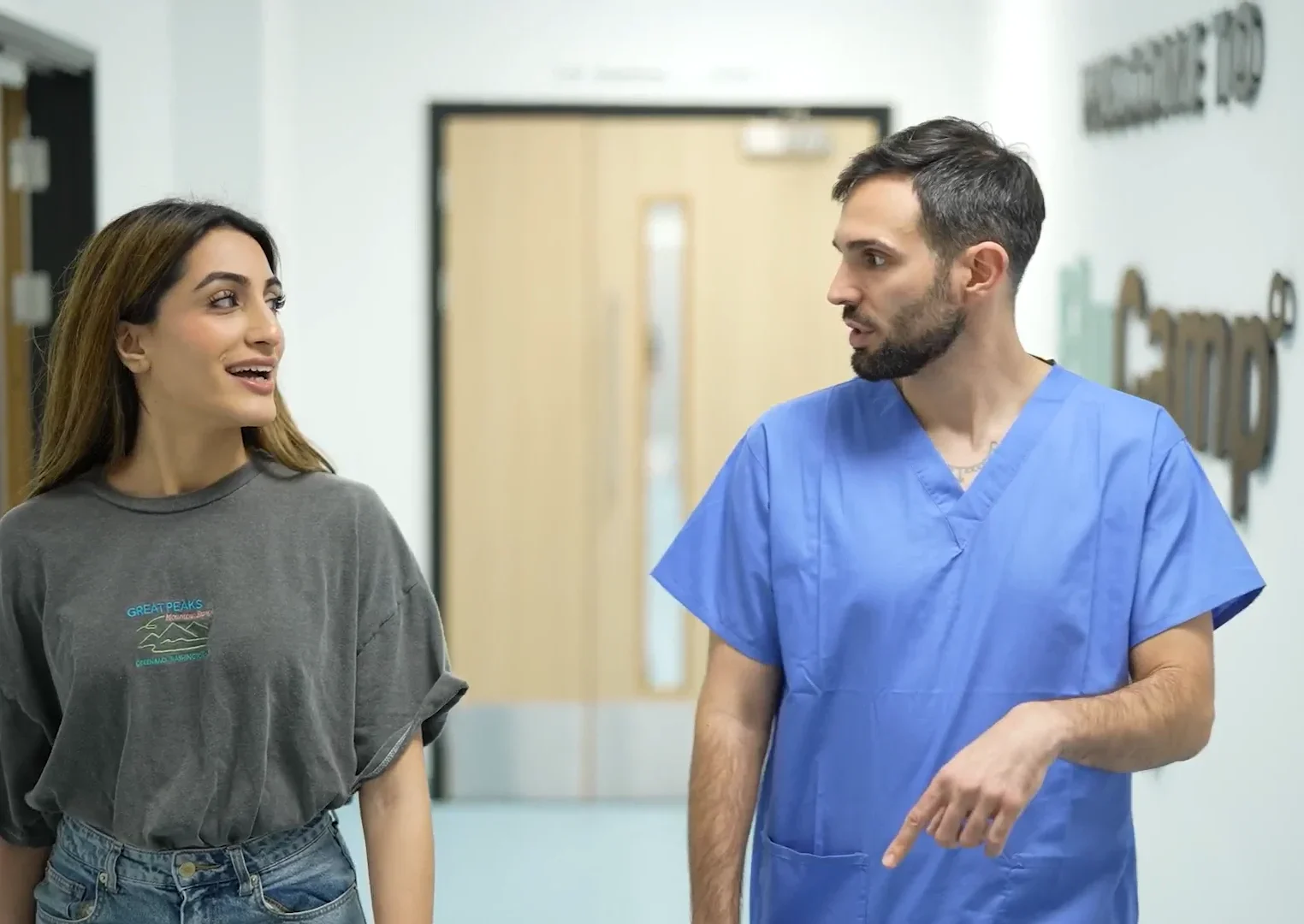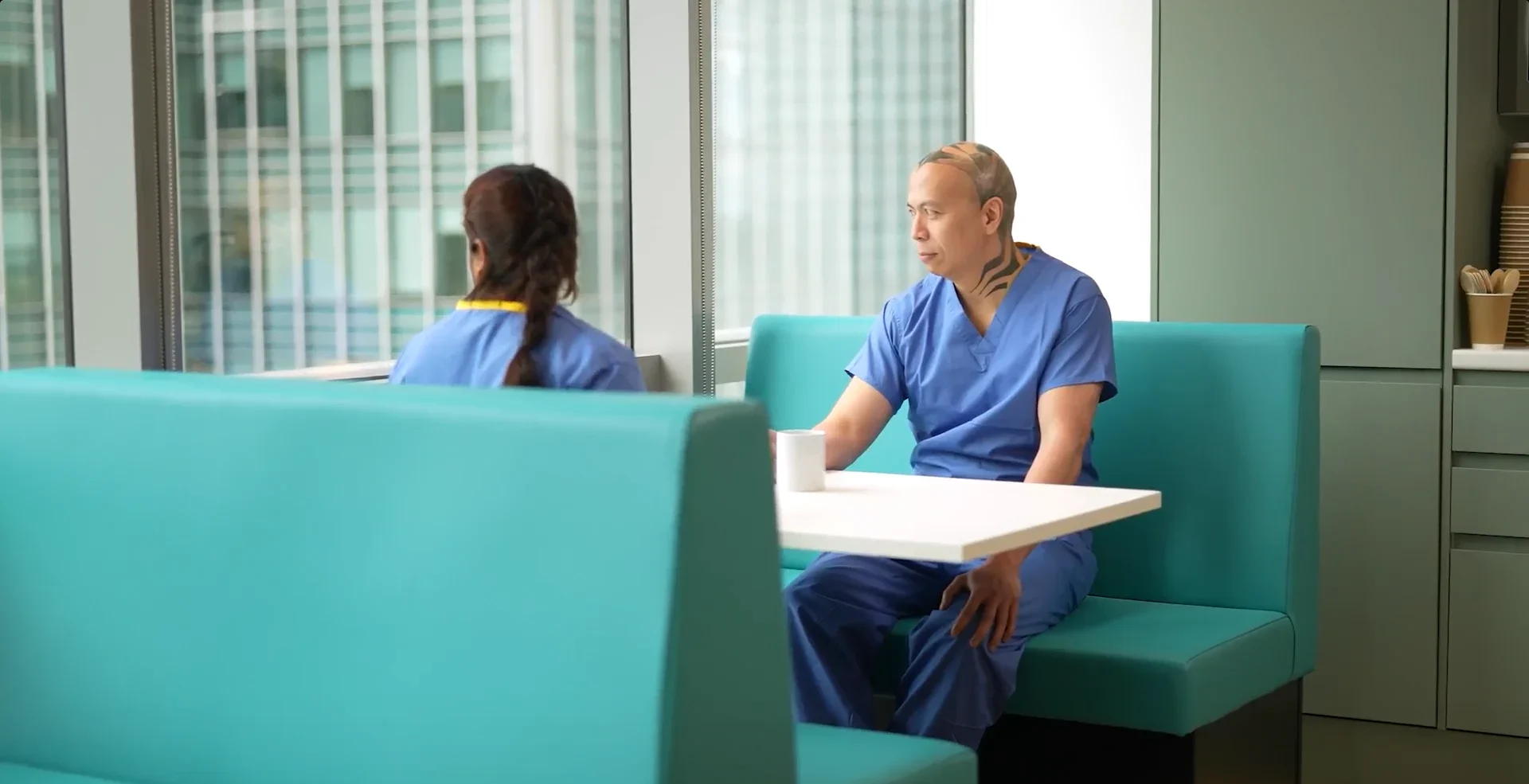The work hVivo and FluCamp do is important; our aim is to develop the next generation of drugs and vaccines against important respiratory diseases.
Those who volunteer to participate in studies are an essential component of the work we do, and we are delighted to thank all of those who have taken part in our studies. Their participation eventually leads to us publishing the results of the study that they took part in, and recently a paper was published based on a study conducted at FluCamp.
Pushing forward
New treatments are developed through conducting experiments, like the clinical trials we run at FluCamp. Following these studies, the results are published, and development of treatments moves forward as a result.
The paper is entitled “Safety and Efficacy of MHAA4549A, a Broadly Neutralizing Monoclonal Antibody, in a Human Influenza A Challenge Model: A Phase 2 Randomized Trial.”. OK, not exactly snappy, we know. It was published in the scientific journal Antimicrobial Agents Chemotherapy. A link to a scientific description of the paper can be found here, along with a list of authors, including those from hVivo and Flucamp.
If you would like a copy of this paper, get in touch with us using the email address below, or through our contact page. Also, don’t hesitate to email any questions you may have about the paper too.
Finding a new approach
This paper is an important step, as it may help develop a new way to fight the flu virus. Many people become infected with flu every year; they often feel terrible, and some may even retire to their beds. In a few cases, particularly amongst the elderly or those with pre-existing long-term illnesses, the virus can be fatal. Although there are vaccines and a drug against the virus they are not always effective, and other novel ways are needed to help those who become seriously ill with flu.
The influenza virus, like many viruses, is a very small “ball” of protein and sometimes fat, which protects the genetic material in the centre. For flu, poking out from this “ball” are two proteins, one known as the HA, which the vaccines tend to target, and the other, the NA, which the anti-viral drugs tend to target. However, both of these proteins can mutate, meaning that the vaccine fails to protect – or the drug fails to work. A simplified diagram of the flu virus is shown below.
The study
hVivo and FluCamp, along with the pharmaceutical company Genentech, conducted a study in the purpose-built facility of 24 en-suite, hotel-style isolation rooms in London. FluCamp tested a new type of anti-influenza drug, known as a monoclonal antibody, which targets the HA protein.
A monoclonal antibody is similar to the antibodies that a person would produce if they became naturally infected with the virus, or given a vaccine. The key is that it can be mass produced and administered when needed, unlike the antibodies that the body would produce after infection or vaccination – which can take several days to appear. Also, these monoclonal antibodies can be tailored to target very specific parts of the protein, in particular, those parts least likely to mutate. The paper describes how a novel monoclonal antibody was tested against the influenza virus.
Volunteers were infected with an influenza virus that had been thoroughly tested for safety, and was known to give mild to moderate flu. A monoclonal antibody that was designed to target very specific parts of the HA protein was then administered after 24-36 hours; the volunteers were carefully monitored for signs of illness, and also how much the virus replicated in their bodies.
The study showed that the monoclonal antibody successfully reduced the volunteer’s symptoms, as well as how much the virus replicated.
Why is this important?
As we mentioned earlier, influenza can be a serious disease for certain people; vaccination is not 100% successful, and current drugs are limited. New drugs are needed to help fight the virus in these vulnerable groups of people. This paper describes the successful effect of a new type of influenza “drug”, which is desperately needed. The monoclonal antibody has now, with the help of the data obtained from this study, moved into the next stage of its development. The FluCamp team would like to thank all the volunteers who took part in this important work – it wouldn’t be possible without you.
If you would like to obtain a copy of the actual scientific paper, or have a query, please email [email protected].
Summary was written by Dr Rob Lambkin-Williams [[email protected]]








